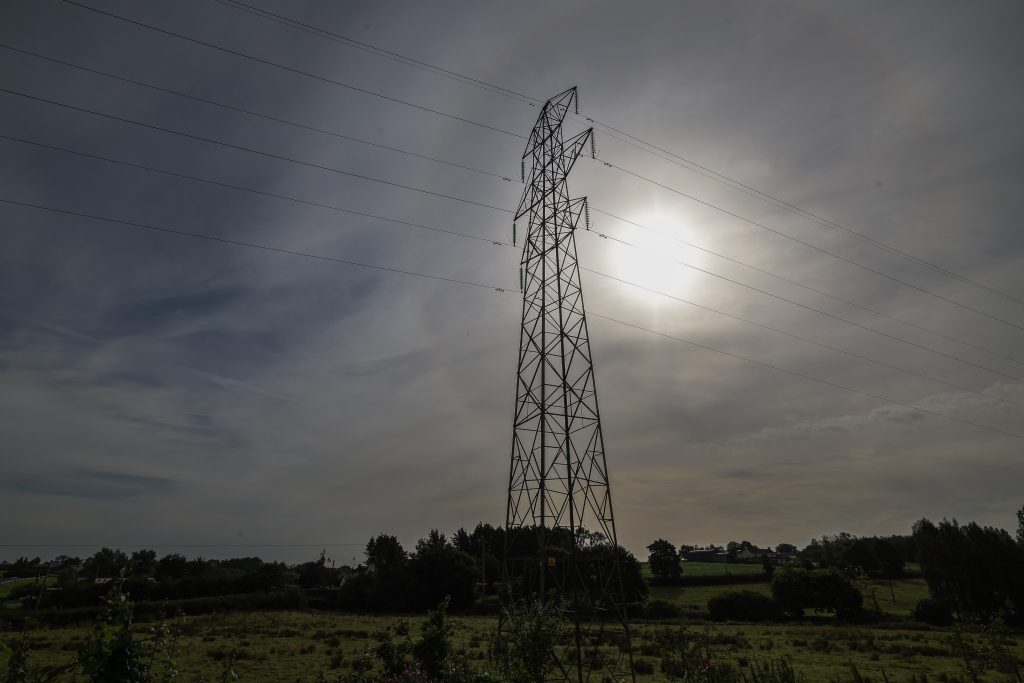
Sufficient generation to meet demand still expected despite power system operating under tighter margins due to Storm Darragh damage
Northern Ireland’s electricity Transmission System Operator, SONI (System Operator for Northern Ireland), has published a revised assessment for the Winter period following damage caused to one of Northern Ireland’s major power stations during Storm Darragh in December 2024.
The damage has resulted in less conventional generation available to the System Operator than previously forecast in its Winter Outlook published in October 2024.
The System Operator’s latest assessments show that it still expects there to be sufficient generation to meet consumer demand in normal operating conditions, but signals that the power system will experience tighter margins throughout the remainder of the Winter period.
Despite the reduction in available generation caused by storm damage, the System Operator has sought to reassure consumers that it still expects the risk of any disruption to the electricity supply to be low.
SONI Director of Operations, Emma Morris, explains:
“Storm Darragh unfortunately caused damage at one of Northern Ireland’s major power stations in December. Due to the extent of the damage, there has been a reduction in Northern Ireland’s available conventional generation while complex repairs take place.
“In October 2024, we published our annual Winter Outlook which indicated there would be sufficient generation to meet demand in normal operating conditions. This was an improved picture from Winter 2023/24. Given the reduction in the amount of conventional generation available to us as a result of the damage caused by Storm Darragh, we felt it was necessary to update the Winter Outlook to account for this.”
Emma Morris continues:
“Our latest assessments show that while we still expect there to be sufficient generation to meet consumer demand, assuming the remaining portfolio of conventional generation can be fully utilised, the power system will experience tighter margins for the remainder of the Winter period.
“However, it is important to reassure consumers that the risk of any disruption remains low. While it is possible the grid may experience more system alerts because the margins between demand and supply are tighter, our expert grid control engineers continue to monitor the situation closely and have a range of tried and tested plans in place to protect the electricity system and manage any challenges should they arise. These plans include measures such as maximising the availability of other conventional generation, use of large grid batteries and working with partner grid operators in Great Britain and the Republic of Ireland to maximise imports.
“Operating any power system is inherently complex and involves balancing a wide range of variable factors, including keeping costs as low as possible. In normal circumstances, SONI plans the power system to ensure there is sufficient conventional generation to meet demand, even accounting for reasonably foreseeable contingencies, such as forced generator outages. However, the damage caused by Storm Darragh was exceptional in its nature and scale.
“As the System Operator, we continue to work closely with all stakeholders, including the Department for the Economy, the Utility Regulator, NIE Networks, Mutual Energy and private industry to ensure the full conventional generation portfolio is restored as soon as possible and security of supply is maintained in Northern Ireland.”
When SONI issues a System Alert, there is no immediate impact for users of electricity. Instead, a System Alert warns of an increased risk of potential temporary electricity supply issues in the near future so that pre-planned mitigation actions can be taken across electricity sector to protect the integrity of the grid.
All System Alerts in recent years have passed without any further incidents and no disruption to consumers.
For more information, visit https://www.soni.ltd.uk/grid/resilience-and-emergency-planning
Londonderry Chamber
CONNECTING
BUSINESS
NORTHWEST